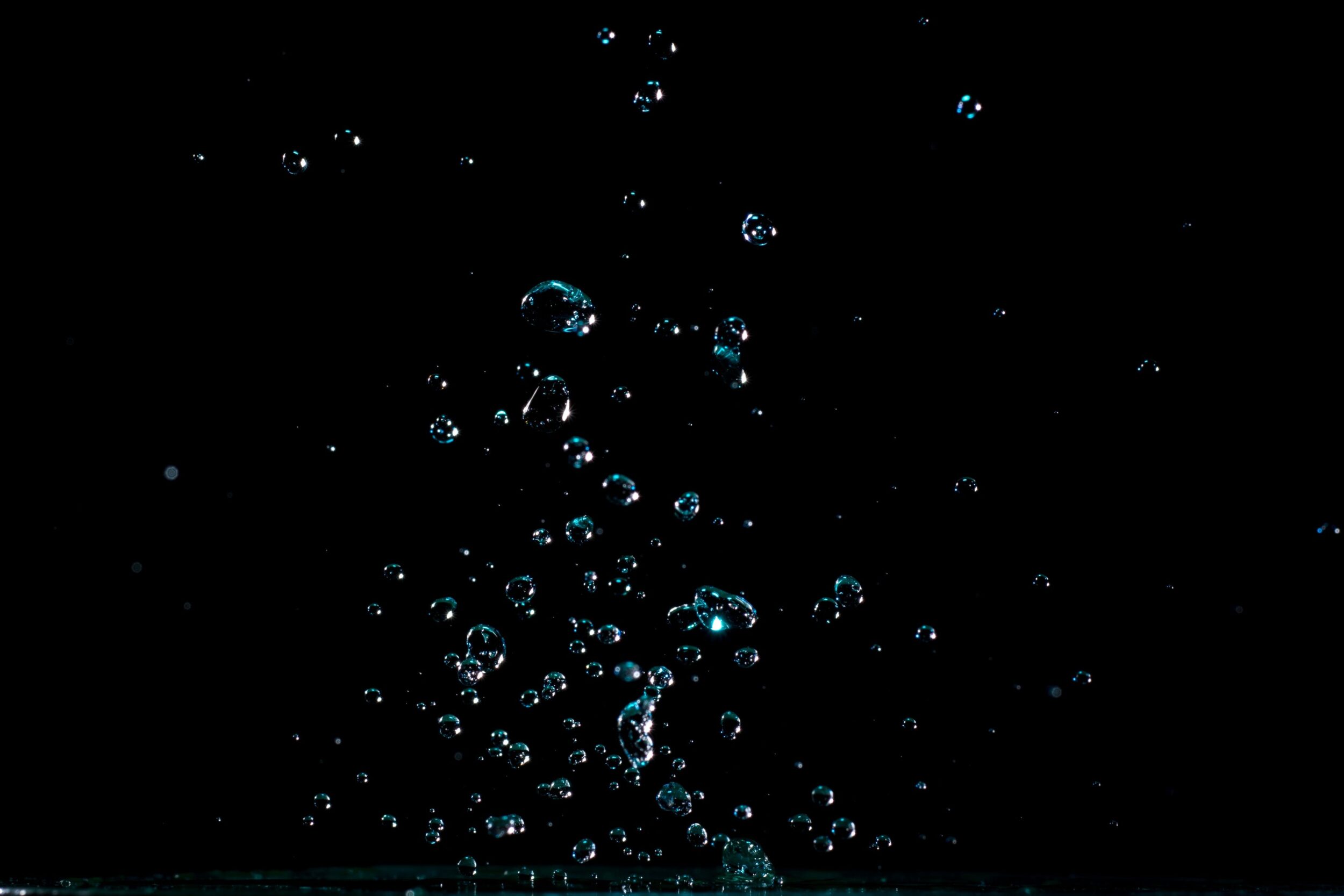Internationale oproep van Europese filmmakers
Dinsdag 14 april, 2015
Leading figures from the seventh art are proposing a series of measures aimed at improving the distribution and promotion of European works.
At the fifth edition of the Appointment with New French Cinema, which kicked off in Rome (April 8), a “call from Europe’s filmmakers” to national and European authorities was made public, in order to give a boost to the circulation of films on the continent. Featuring among the first signatories of this call are Paolo Sorrentino,Jean-Pierre and Luc Dardenne, Cristian Mungiu, Matteo Garrone, Michel Hazanavicius, Joachim Trier, Mike Leigh, Béla Tarr, Abderrahmane Sissako,Fernando Trueba, Costa Gavras, Ken Loach, Wim Wenders, Ursula Meier, Jean-Paul Salomé, Emanuele Crialese, Lucas Belvaux, Amos Gitaï, Daniele Luchetti, Kamen Kalev and Volker Schlöndorff, as well as screenwriter Paul Laverty and producer Rebecca O’Brien.
The full text of the call is below:
Today’s talks during this Rome Rendez-Vous are testament to a shared urgency: as copyright’s core principles are being questioned by some who erroneously think they hinder culture’s availability, we want to set out a new way of exhibiting our cinema. We want to redefine how cinema can circulate from one country to the next.
Our films testify, each in their own way, through our filmmakers’ eyes, to a vision that is both more personal and collective of what Europe is and can be. It tells of all its complexity: its violence and its joys, its parodies and realities, its conflicts and unities, its absurdity and its dreams…
Our films are a form of hope, and they humbly but surely contribute to the construction of a European identity.
At a time when a number of our countries have to face new obscurantist trends that reek of hate, a glimmer of hope can come from cinema.
This is the reason why it is our responsibility to think of ways to improve the circulation of national works throughout our continent. We have to do so while making sure we do not hinder the vitality of cinematographic creation.
It shouldn’t be that all the cinematographies of Europe struggle to be accessible to all their audiences.
Therefore, we ask to the public authorities of Europe, to our national regulatory parties for cinema, to the EFAD, and even to the television broadcasters, that we collectively think of affirmative measures in terms of distribution, broadcasting and promotion of European films. Europe should be flush with all of its cinema.
For this to be possible, we need to address all the different means of distribution:
With the movie theatres: efforts have to be maintained to mitigate the theatrical deserts that still exist in a number of places. We must make it our best effort so that no existing theatre has to shut down, while new ones can be implemented. Independent theatres should not be forgotten in terms of digital equipment. We need to pay particular attention to how we can accelerate and facilitate theatrical distribution on the scale of Europe: movie theatres remain the best place to meet for films and their audience.
With TV broadcasters: we ask that public broadcasters work on a charter for a better spreading of European films between them throughout Europe, with a focus on exchanges, but also mutual and reciprocal programming. They should also be aided in the development of their digital versions. We hope for an independent European digital film platform, and TV broadcasters could very well be at the core of such an initiative.
With VoD platforms: we need to rethink our regulation so that it is apt and up to date. It should make possible the rise of a European player, capable of competing with global ones. The internet has long been the subject of our worries, particularly since it helped piracy to develop to previously unknown levels. We want to believe it can today become the best partner of European cinema. It can be part of the virtuous circle that comes from sharing wealth and value between all those who contribute to the financing of creation, as they become exceptional means of exhibitions for our films.
For all of this to be possible, the European Commission has to adapt some of its directives, whether it is to address specifically audiovisual media or their tax system. The Commission needs to set itself two goals: to spur on the development of the European players who finance and editorialise European cinema; and to encompass the global internet giants within creation’s tax system and economy.
We must urgently devise a cultural tax system that the global players should be a part of. The ideas of the French Minister of Culture, Fleur Pellerin, about a taxation of bandwidth usage should be taken into consideration and thought out.
We already ask the European Commission to develop new means, through Creative Europe, for quality subtitling and adaptation of European films in other European languages. The availability of our films in other languages is what makes their circulation on TV broadcasters and VoD platforms possible. It also helps to accelerate theatrical distribution on a European and global scale. The legal availability of films is ever more obviously a way to hinder piracy and prevent its disastrous effects on creation. The European Commission has to take an effective and courageous stance against piracy, and needs to promote initiatives that try to help films be available throughout Europe.
We share the European Commission’s will to facilitate film availability to all. Films are an essential part of what it is to understand images and clips. Beyond that, films are without a doubt a means towards the elevation of consciences. Let us not be mistaken in how we address that: it would be very destructive to filmmaking.
Our common grounds such as copyright or cultural exception have to be protected and be at the core of a new European cultural policy.
(Translated from French)
;)